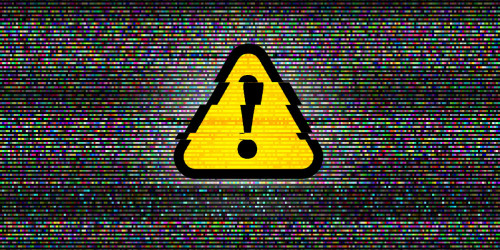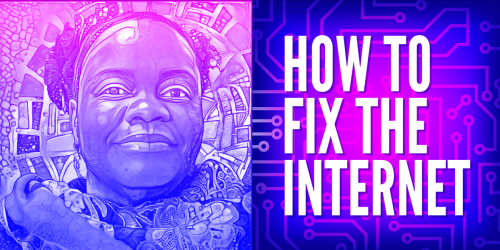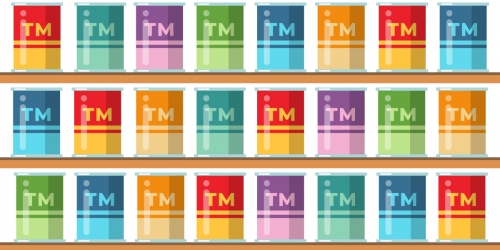Automakers argue that it’s unlawful for independent researchers to look at the code that controls vehicles without the manufacturer’s permission. We’ve explained before how this allows manufacturers to prevent competition in the markets for add-on technologies and repair tools. It also makes it harder for watchdogs to find safety or security issues, such as faulty code that can lead to unintended acceleration or vulnerabilities that let an attacker take over your car.
The legal uncertainly created by the Digital Millennium Copyright Act also makes it easier for manufacturers to conceal intentional wrongdoing. We’ve asked the Librarian of Congress to grant an exemption to the DMCA to make it crystal clear that independent research on vehicle software doesn’t violate copyright law. In opposing this request, manufacturers asserted that individuals would violate emissions laws if they had access to the code. But we’ve now learned that, according to the Environmental Protection Agency [PDF], Volkswagen had already programmed an entire fleet of vehicles to conceal how much pollution they generated, resulting in a real, quantifiable impact on the environment and human health.
This code was shielded from watchdogs’ investigation by the anti-circumvention provision of the DMCA. Surprisingly, the EPA wrote in [PDF] to the Copyright Office to oppose the exemptions we’re seeking. In doing this, the EPA is asking the Copyright Office to leave copyright law in place as a barrier to a wide range of activities that are perfectly legal under environmental regulations: ecomodding that actually improves emissions and fuel economy, modification of vehicles for off-road racing, or activities that have nothing to do with pollution. The EPA is undermining its own ability to issue nuanced regulation in this space, as well as its ability to learn about large-scale violations of the law committed by manufacturers.
When you entrust your health, safety, or privacy to a device, the law shouldn’t punish you for trying to understand how that device works and whether it is trustworthy. We hope the Copyright Office and the Librarian of Congress agree when they rule on our exemptions next month.









